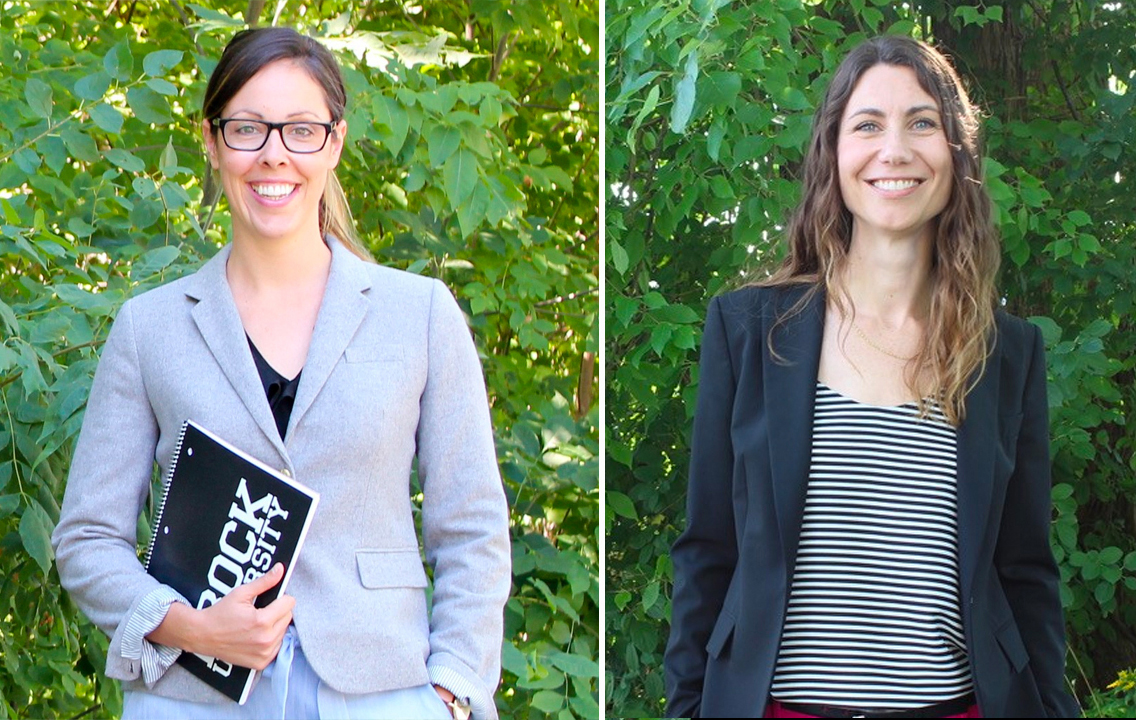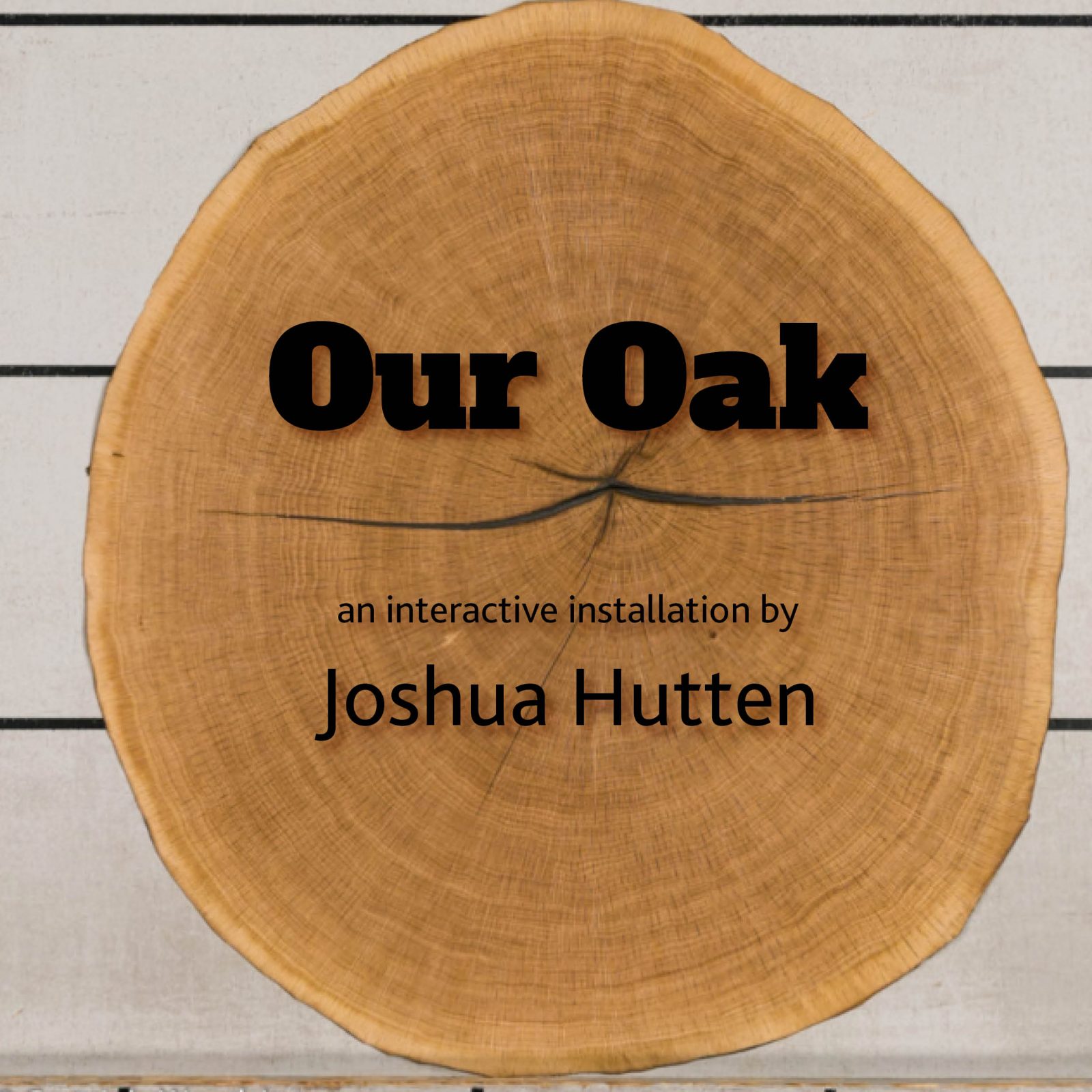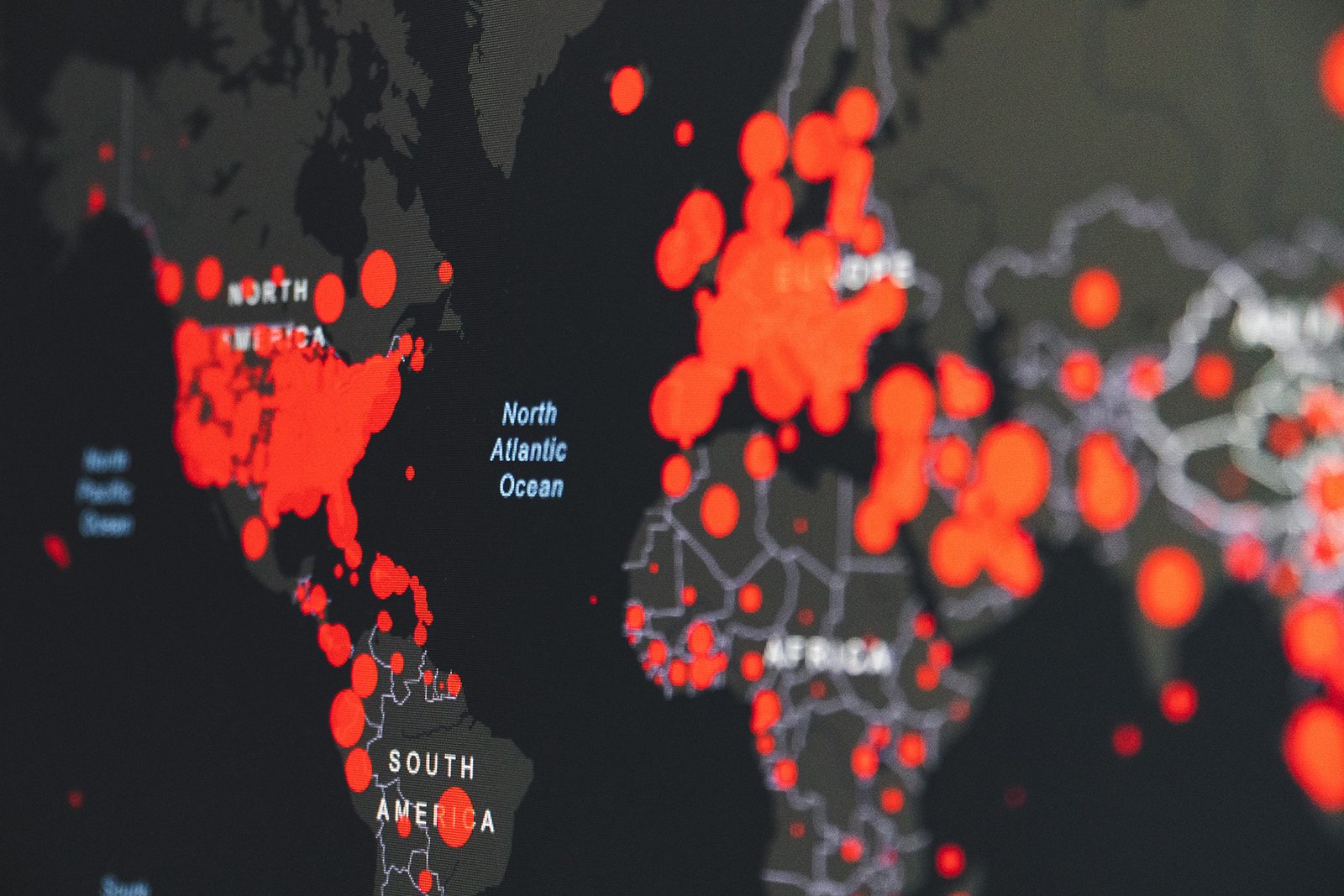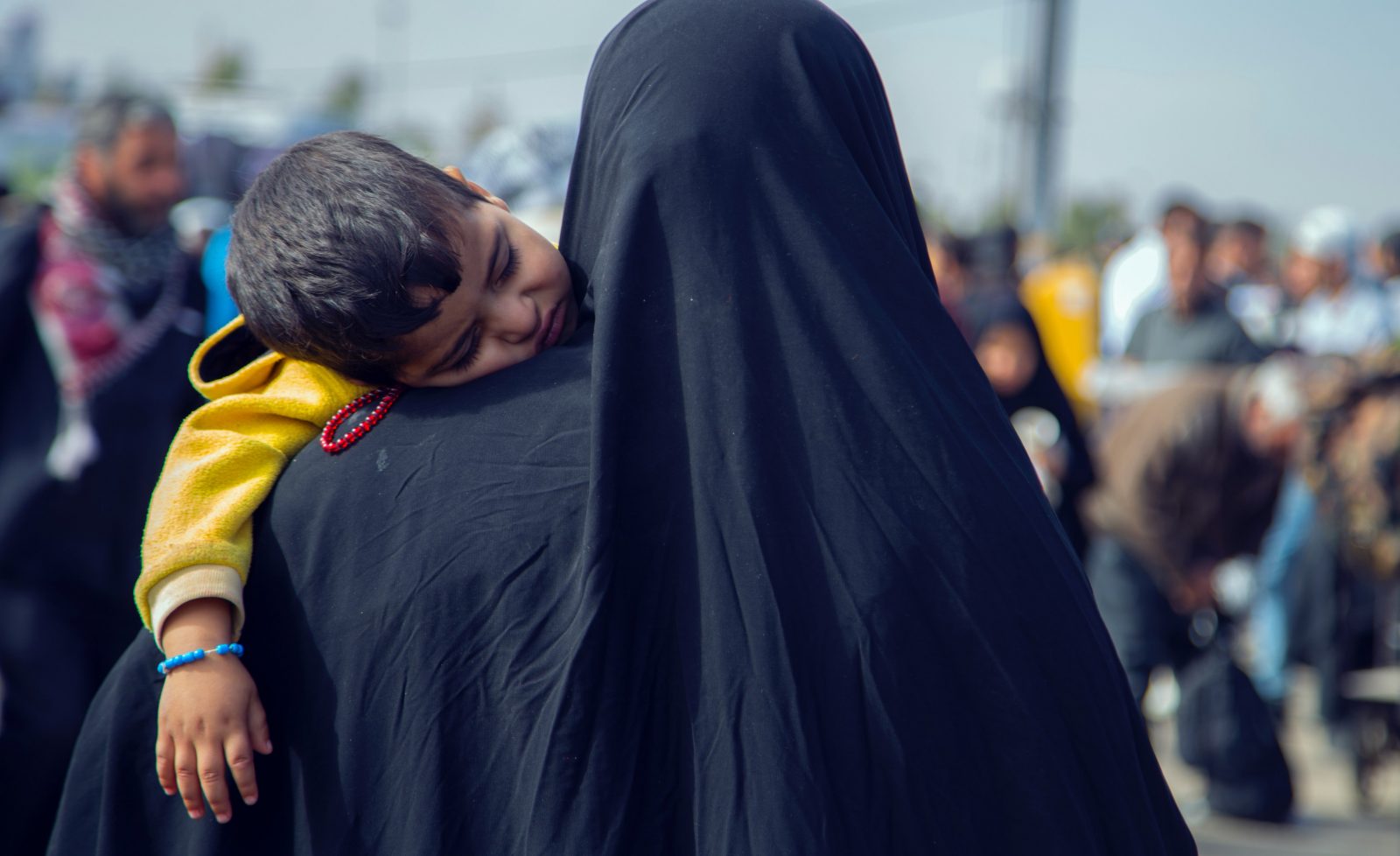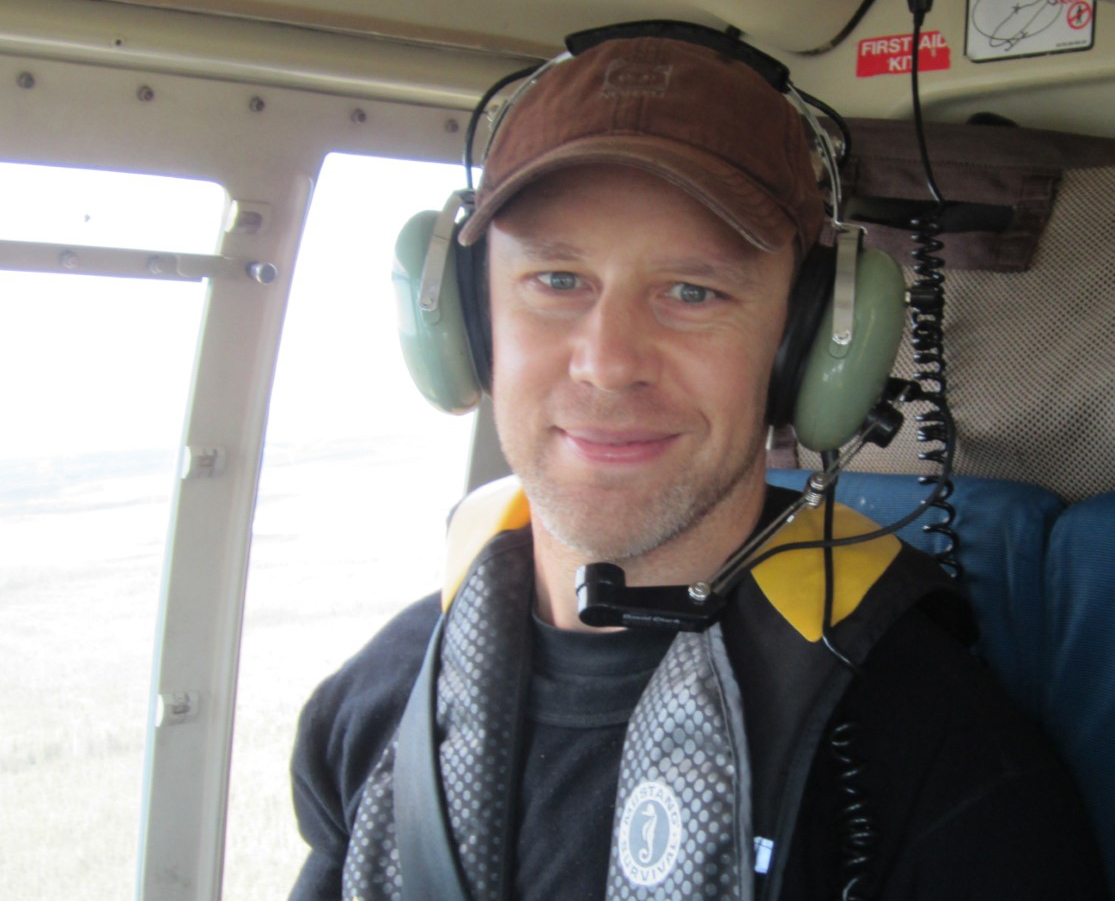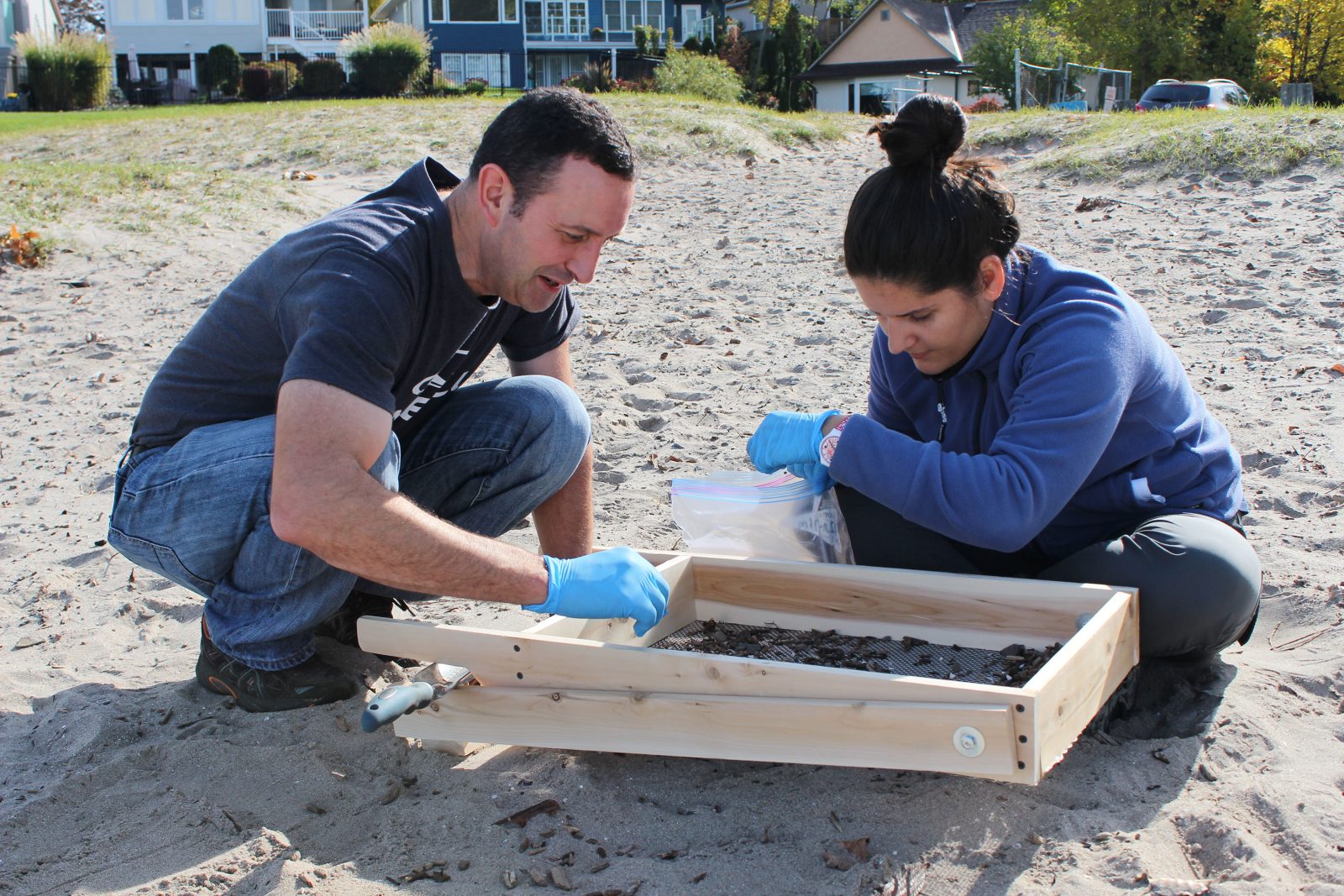
Several on-campus and online initiatives are planned this week in celebration of GIS Day on Wednesday, Nov. 16, including free access to map-themed games in the Map, Data and GIS Library. Sharon Janzen (left), Map Library Associate and Geospatial Data Co-ordinator, tackles a puzzle alongside Brock University students Jillian Salwach, fourth-year Geography student; Jenna Sargent, third-year Concurrent Education History student; and Kendra Klassen, fourth-year Physical Geography student.
Geographic information systems (GIS) are everywhere, with many people not understanding the extent of their use.
In recognition of Geography Awareness Week Monday, Nov. 14 to Friday, Nov. 18 and GIS Day on Wednesday, Nov. 16, Brock University’s Map, Data and GIS Library (MDGL) has planned several initiatives in partnership with the Tourism and Geography Society (TAGS) student group to engage the Brock community and bring awareness to the beneficial geographic tool.
“GIS is critical to our society and it’s important to recognize its significance in our everyday lives,” says Sharon Janzen, Map Library Associate and Geospatial Data Co-ordinator with the MDGL. “We use GIS to map directions and find hotels close to our destination. Satellite imagery helps us track storm paths of hurricanes and tornadoes and analyze changes in landscapes over time. GIS is also used in city planning, for example, to visualize the distribution of sports facilities, and in communicating public engagement, for example, by plotting online voting results by district. The uses are endless.”
To kick off the week, TAGS is hosting a scavenger hunt that will have participants searching for five locations across campus. Two of the spots will include geocaching, which involves participants using their mobile device as a GPS to find containers called ‘geocaches.’ Participants can enter a contest to win a prize by taking a photo of each of the five locations, sharing them via Instagram stories and tagging @brocktags by 5 p.m. Wednesday, Nov. 16. More details are available on Instagram.
On Wednesday, Nov. 16 for GIS Day, the Brock community is invited to the MDGL in Mackenzie Chown Complex C306 for a pizza lunch from 1 to 2 p.m. Pizza slices, pop and chips will be sold for $2 each (cash only). At 2 p.m., complimentary cake will be served featuring a map created by Master of Sustainability student Baharak Razaghirad, titled “The Distribution of Trees within the Town of Lincoln.” Geography and GIS-related games will be available, such as map-themed board games and jigsaw puzzles and a geography-related word scramble called ‘Where in Niagara?’
Also taking place is a free weeklong GIS Days virtual conference hosted by Western University Libraries packed with events open to Brock students and employees. Two representatives from the Brock community will be leading presentations as part of the conference.
Brock alumna Jessica Linzel (BA ’18, MA ’20), Director of Community Engagement for The Brown Homestead and past Esri Canada GIS Scholarship recipient, will give a seven-minute lightning talk Tuesday, Nov. 15 at 11 a.m. about using StoryMaps to present complex ideas about history in a more accessible way. Linzel created a series of web maps that outline the boundaries of The Brown Homestead and show how the land evolved from its Indigenous origins and then Loyalist settlements to several generations of Brown family and new owners who partitioned and sold or purchased land.
Janzen will be leading a one-hour tutorial Thursday, Nov. 17 at 11 a.m. that will introduce participants to ArcGIS Online, a web-based dynamic mapping software. She will use the story of Laura Secord’s famous walk from Queenston to Thorold as a topic for participants to create a map. No experience is necessary, but curiosity is an asset. A valid login for the website is required (public or organizational accounts welcome). Visit the ArcGIS website to sign up for a public account.
Registration is required to access the presentations; however, there is no registration fee or deadline. The interactive program can be used to search by presenter, presentation title or location.
Questions about events planned for GIS Day can be directed to Janzen at sjanzen@brocku.ca.
STORY REPOSTED FROM THE BROCK NEWS

